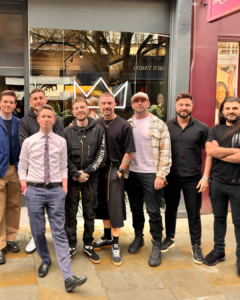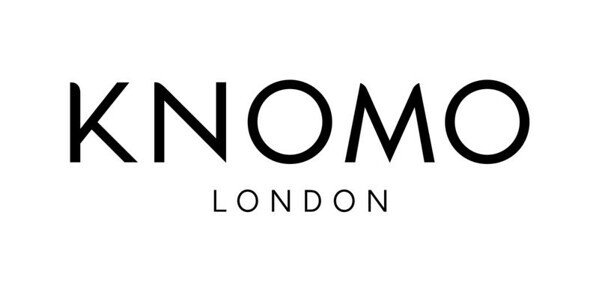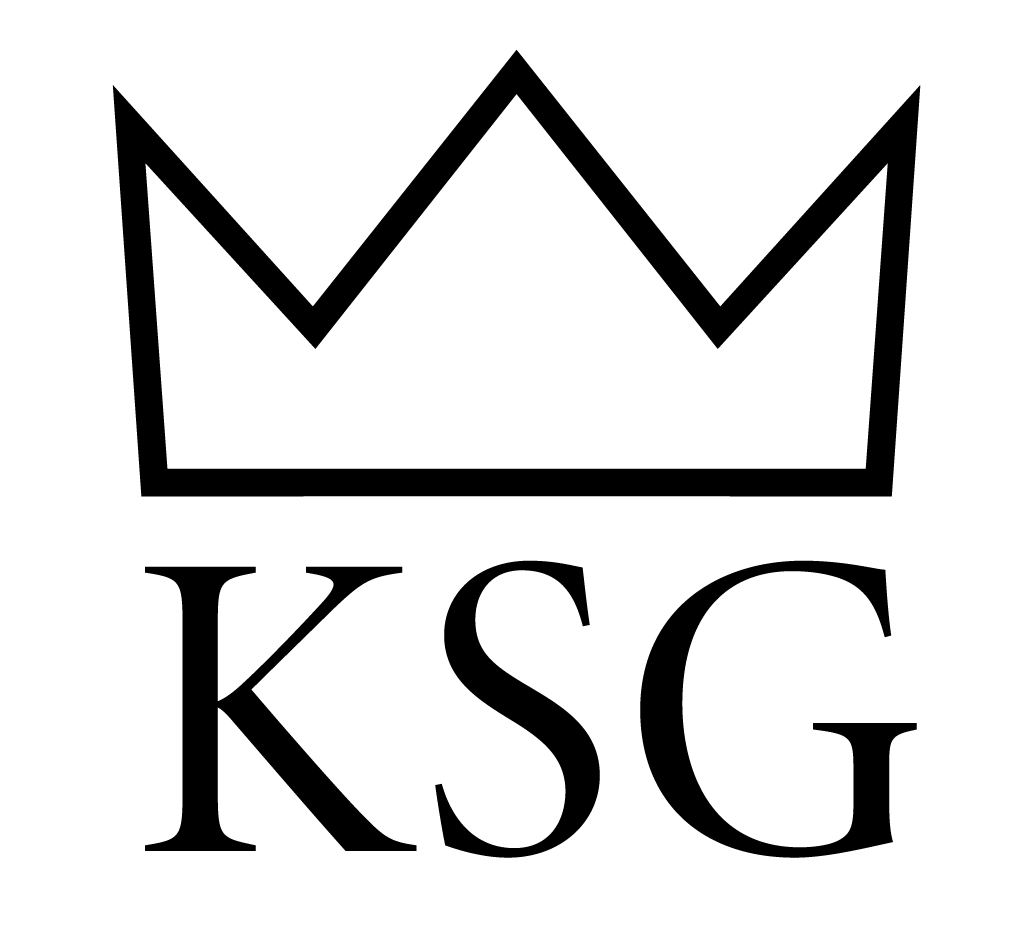As more British chains collapse at the hands of coronavirus, many people worry for the future of our high streets – especially the tens of thousands of former retail employees, many of whom are now struggling to find new jobs. This disruption has caused major challenges, both for these employees and for our town and city centres. But we must remember that the future of retail isn’t necessarily doomed. It might be difficult to envisage our town centres returning to the nostalgic blend of shops we used to enjoy, but there’s certainly potential for a newfound high street experience.
Here, Jack Mason, founder and Group CEO of Inc & Co, shares his thoughts on how we can reignite the high street for post-COVID life.
The Shift to E-Commerce
First, we need to accept that the way we shop has changed. COVID-19 has cemented the shift to e-commerce, and we’re on the brink of a new generation of shopping trends. Few people miss many of the previously market-defining stores that have now closed. For example, most of us don’t feel the impact of the BHS and Dorothy Perkins closures. This is because the accessibility that comes with online shopping is hard to beat. Price comparisons in a click or two. More choice than ever before. Ultra-quick deliveries and free returns – all from the comfort of our homes.
So, as e-commerce takes over, how will high streets evolve?
Here are Jack Mason’s six biggest changes we’ll likely see on post-pandemic high streets.
High Street Funding
For starters, the government has launched a £95m fund to restore some high streets in England’s conservation areas. This fund will target 68 high streets, but only those in historic England. While this is a positive start, the high streets characterised by boarded windows, rundown discount outlets, and betting shops won’t receive cash injections. This is disheartening news for many towns and cities, but Jack explains there are other changes to expect that could benefit all. He also emphasises that businesses can shape their product and service offerings for renewed success through pioneering, future-proofed methods. A little realignment can go a long way. Here’s how.
Service-Driven Businesses
As retail evolves, we can expect shop windows to become hints at the inventories we can delve into online. After all, that’s where we’re more likely to make our purchases today. Shops will have to engage customers in ways screens can’t if they are to survive.
However, we can’t buy everything online. This means there should still be a strong high street market for service-related businesses. Customers looking to purchase an experience are far more likely to spend on the modern high street. Therefore, escape rooms, beauty salons, restaurants, community hubs, and electronic repair shops are more likely to generate traction than traditional shops. These are the businesses that move beyond the transactional; they provide a service or space that customers can’t access online. Of course, customers may still book online. But they’ll need to arrive in person to receive their service or experience.
Sustainability and Small Businesses
Although we’re likely to see more service-based businesses take to our high streets as the government rolls back lockdown measures, we’re unlikely to lose all product-based stores. But which shops are best positioned to survive – or even open their doors for their first time – post-COVID?
Jack explains that the retail sector has seen a growing demand for sustainable innovations over recent years, so this will likely remain a key focus for success. As the importance that shoppers place on social responsibility grows, sustainability-focused businesses have a better chance of performing well on post-pandemic high streets.
Meanwhile, strong communities are likely to support pop-up shops and local boutiques, especially thanks to Google campaigns that urge customers to shop locally. And there’s plenty of choice here. Small and medium businesses make up 99 percent of the UK’s business population, equating to three-fifths of employment and approximately half of the turnover in the UK’s private sector.
Residential Properties
In September 2020, the government launched new rules that make it possible to convert commercial properties into homes without planning permission. And repurposing commercial properties could quicken our high street revival. This means we’re likely to see an influx of residential properties make their way to our future high streets. Demand for these residential properties should also grow when our town- and city-centre pubs, restaurants, and social hubs are back open for business.
Turnover Rent
Meanwhile, we can expect to see the relationships between businesses and landlords change as rental systems become more flexible. Various retailers, including New Look and All Saints, are already renegotiating their lease terms in hope of paying turnover-based rent. This would allow high street shops to pay rental prices in line with their store takings, which should help keep finances in check.
What’s more, if we embrace innovative unit leases, businesses could adopt and transform rental spaces within hours or days, rather than weeks or months. A ‘plug and play’ approach would give life to pop-up shops, which can go from housing a popular brand one day to a dance studio the next. This would bring a whole new lease of life to our town and city centres.
Free Parking
We can also hope to see free, readily available parking if we’re to protect the future of our high streets. It’s often much easier for online businesses to flourish than it is for store-only businesses as e-commerce-only shops don’t face online taxes. However, free parking could be one of the simplest ways to encourage footfall to high streets, where shoppers are more likely to support brick-and-mortar businesses.
Learn More About the Future of the Digital World
You can find more insights into achieving business success during the pandemic on Jack Mason’s blog.
As Inc & Co’s founder and Group CEO, Jack is a well-established investor and entrepreneur. He takes a people-centred approach to his role and works with Inc & Co’s acquisitions to cultivate collaborative teams. Jack helps these teams to brainstorm forward-thinking solutions and ensures Inc & Co’s acquisitions never feel they must redefine their ethos or brand image. Instead, Jack and his colleagues work with acquisitions to help teams realise their potential and goals.












